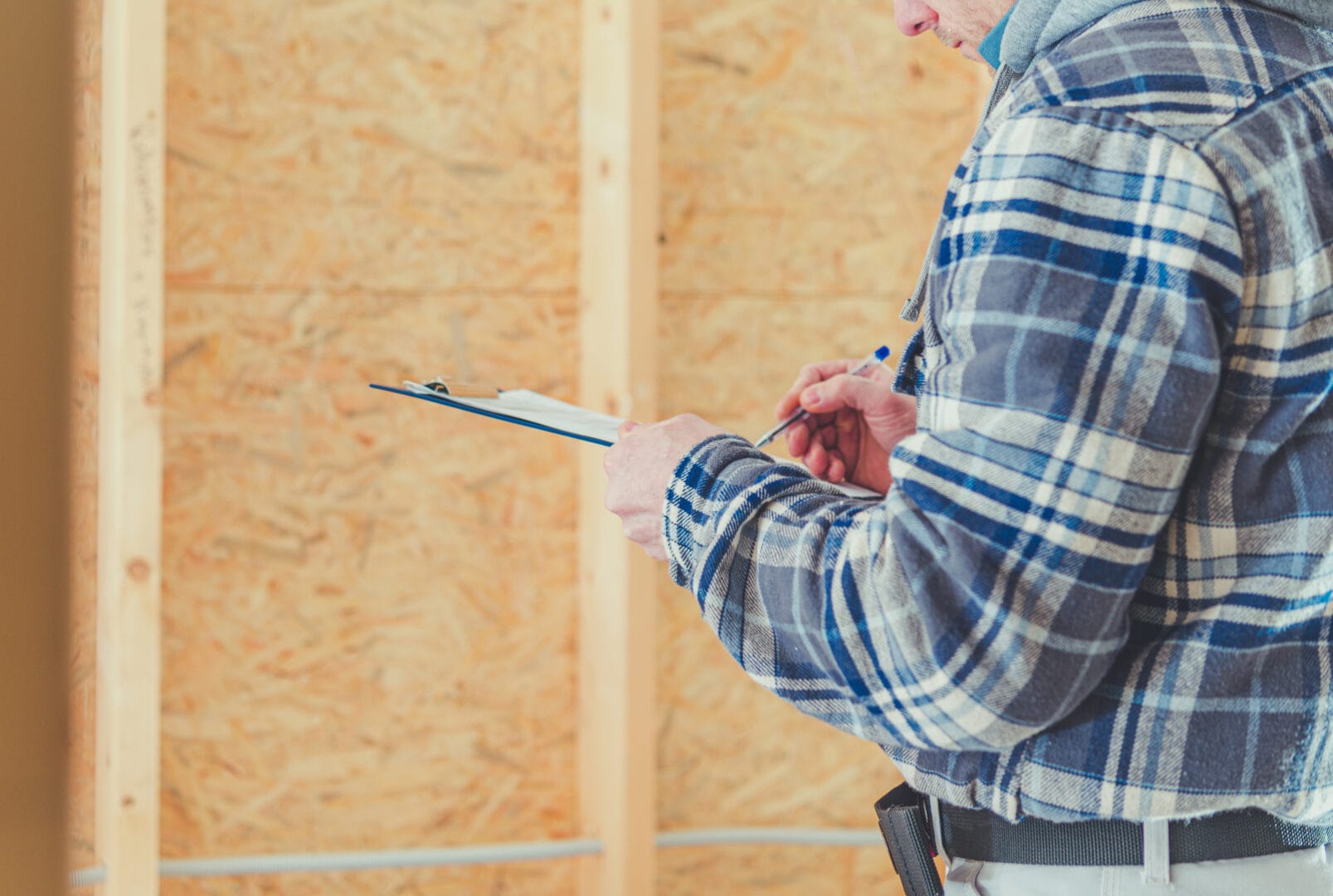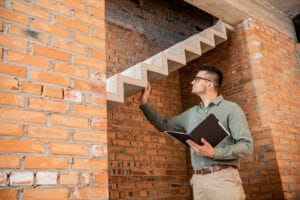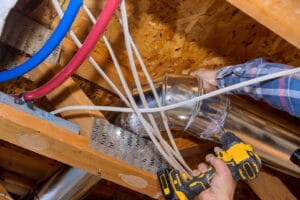In the labyrinth of commercial real estate, where investment and returns are paramount, the virtue of a thorough property inspection can often be overlooked. For the astute investor, the diligent property manager, and the discerning tenant, understanding the nuances of commercial property inspections is the difference between a sound investment and a potential pitfall. In this comprehensive guide, we will uncover the layers of commercial property inspections, delineate their worth, and walk through the strategic insights that only a conscientious inspection can reveal.
The Foundation of Commercial Real Estate Integrity
Commercial property inspections are catalysts for informed decision-making. They lay the groundwork for understanding the true condition and potential liabilities of a property. Unlike a cursory walk-through or a quick glance, a professional property inspection is an in-depth, non-invasive evaluation of the physical state of the property.
Every crack, flicker, and creak is noted, documented, and interpreted into a comprehensive report that becomes the bedrock for future renovations, lease negotiations, and peace of mind for all stakeholders. It’s here that the path to a valuable investment and a safe, sustainable space for commerce begins.
Why Regular Inspections Are More Than Just a Checklist
Regular commercial property inspections are preventive and proactive. They are a means to detect burgeoning issues before they manifest into expensive problems. Investors and managers who make these inspections routine benefit from the confidence that their properties are being consistently monitored and maintained.
The Hidden Gems of Pre-Purchase Inspections
Pre-purchase inspections are akin to x-rays for buildings. They reveal the internal structure and systems of a property, often uncloaking the hidden detriments that a seller may not disclose. For prospective purchasers, this type of inspection can mean the difference between pursuing an asset confidently and walking away from a potentially perilous investment.
Beyond the Surface: Specialized and Niche Inspections
Specialized inspections, such as those for environmental hazards, structural integrity, or safety compliance, dig deeper into specific areas of concern. For those negotiating properties with a complicated past or specific industry requirements, these niche evaluations are indispensable in ensuring regulatory adherence and future viability.
The Anatomy of a Thorough Commercial Property Inspection
The spectrum of a commercial property inspection is broad, encapsulating everything from the roof to the foundation and everything in between. The aim is to identify defects, subpar conditions, and maintenance issues that could affect the property’s value and the safety of its occupants.
A Comprehensive Walk-Through
The process begins with an external overview, taking note of the surrounding topography, neighboring structures, and any signs of stress on the property. Once inside, inspectors methodically move through the building, testing utilities, inspecting fixtures, and scrutinizing the building’s systems for efficiency and potential breakdown.
The Technology and Tools of the Trade
Modern property inspections have evolved with technology’s assistance. Thermal imaging, aerial drone footage, and precision instruments are just a few of the advanced tools now employed to grant deeper insights into a property’s condition beyond what the eye can see.
The Reporting Phase
No inspection is complete without a comprehensive report. This document becomes a dossier of the property’s health, detailing observations and recommendations. For investors and managers, this report is an actionable roadmap for decision-making, budgeting, and strategic planning.
Choosing the Right Inspection Service
Partnering with the right inspection service provider is as crucial as the inspection itself. Experience, credentials, and a solid reputation for integrity and thoroughness are non-negotiable.
The Qualities of a Superlative Inspection Firm
Look for firms that specialize in commercial properties, have a solid track record, and offer clear communication channels. They should be able to provide references and have flexible scheduling to accommodate the property’s unique conditions, whether it’s a high-rise in the city center or a sprawling industrial complex in a rural area.
Setting the Expectations
Clarity in the expectations, scope of work, and the deliverables is imperative. The inspection service provider should be able to articulate their process, the timeline for completion, and the nuances that may apply to a specific type of property.
Real-Life Applications of Commercial Property Inspections
Inspections that uncover deteriorating facades, hazardous materials, or faulty electrical systems may seem like outright victories, but even seemingly benign results can save you from future headaches. By sharing examples of how inspections have influenced investment strategies, leasing negotiations, and property development, this section will offer a deeper perspective on the tangible benefits of proactive diligence.
The Inspection That Saved a Six-Figure Renovation
In one case study, a commercial property investor was poised to acquire a historic building in the heart of a bustling downtown area. A pre-purchase inspection unveiled severe termite damage that would have otherwise been unnoticed due to the building’s immaculate interior finish. The resulting negotiation saw a significant decrease in the property’s price, potentially saving the investor from a massive post-acquisition renovation project.
Environmental Inspections: A Crucial Due Diligence Practice
In another scenario, an industrial property was up for acquisition, with the seller unaware or unwilling to disclose the existence of asbestos in the building’s insulation. An environmental inspection uncovered the presence of the hazardous material, influencing not only the purchasing decision but also the timeline and additional costs involved in its removal before the property could be leased.
Structural Insights That Influenced Renovations and Rental Rates
A detailed structural inspection of an older office building pre-lease revealed that the upper floors were not approved for the weight of modern office equipment and design. This finding not only prompted immediate renovations and upgrades but also allowed the investor to set more realistic rental rates for tenants that would not require substantial equipment installations.






